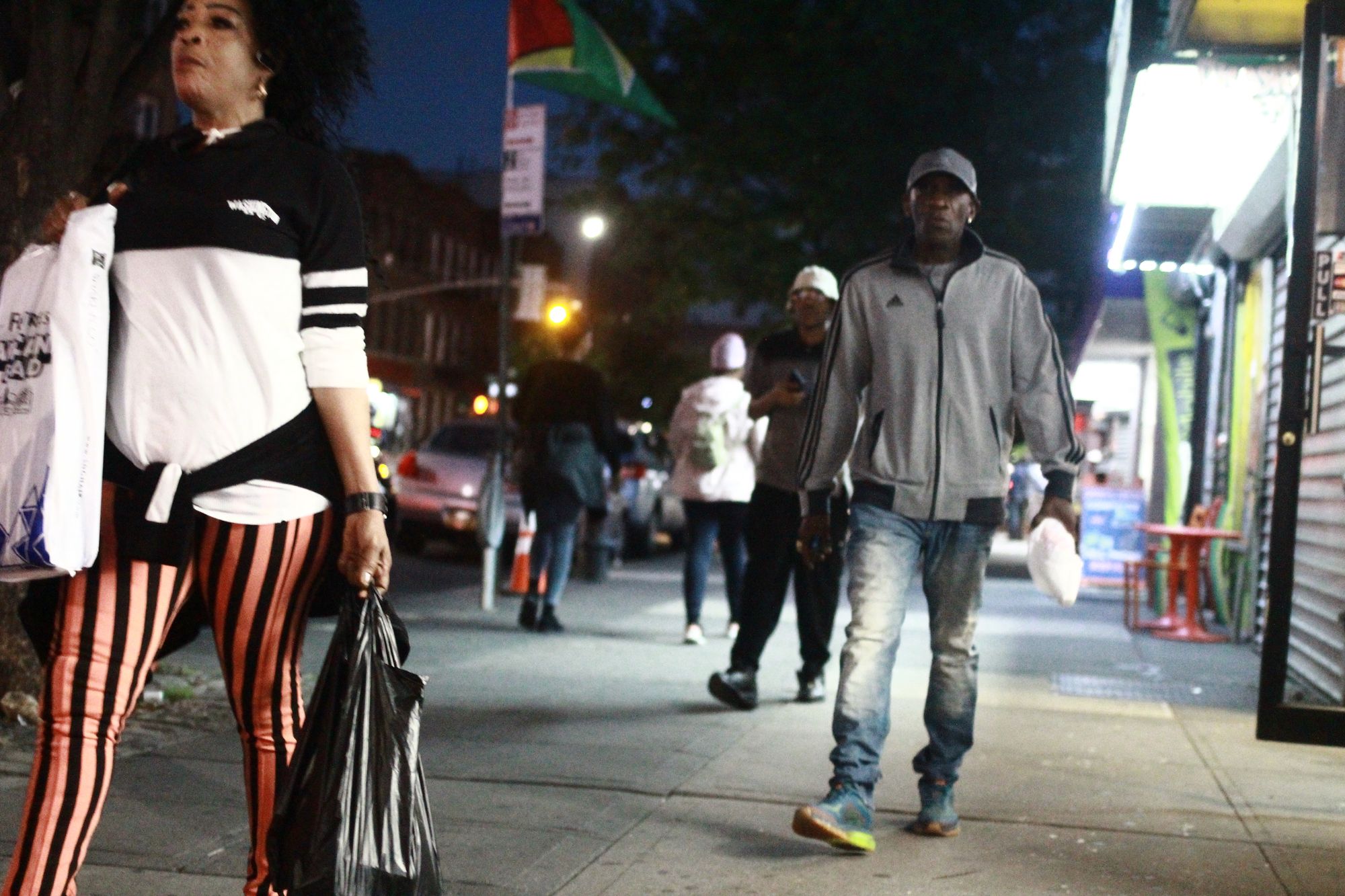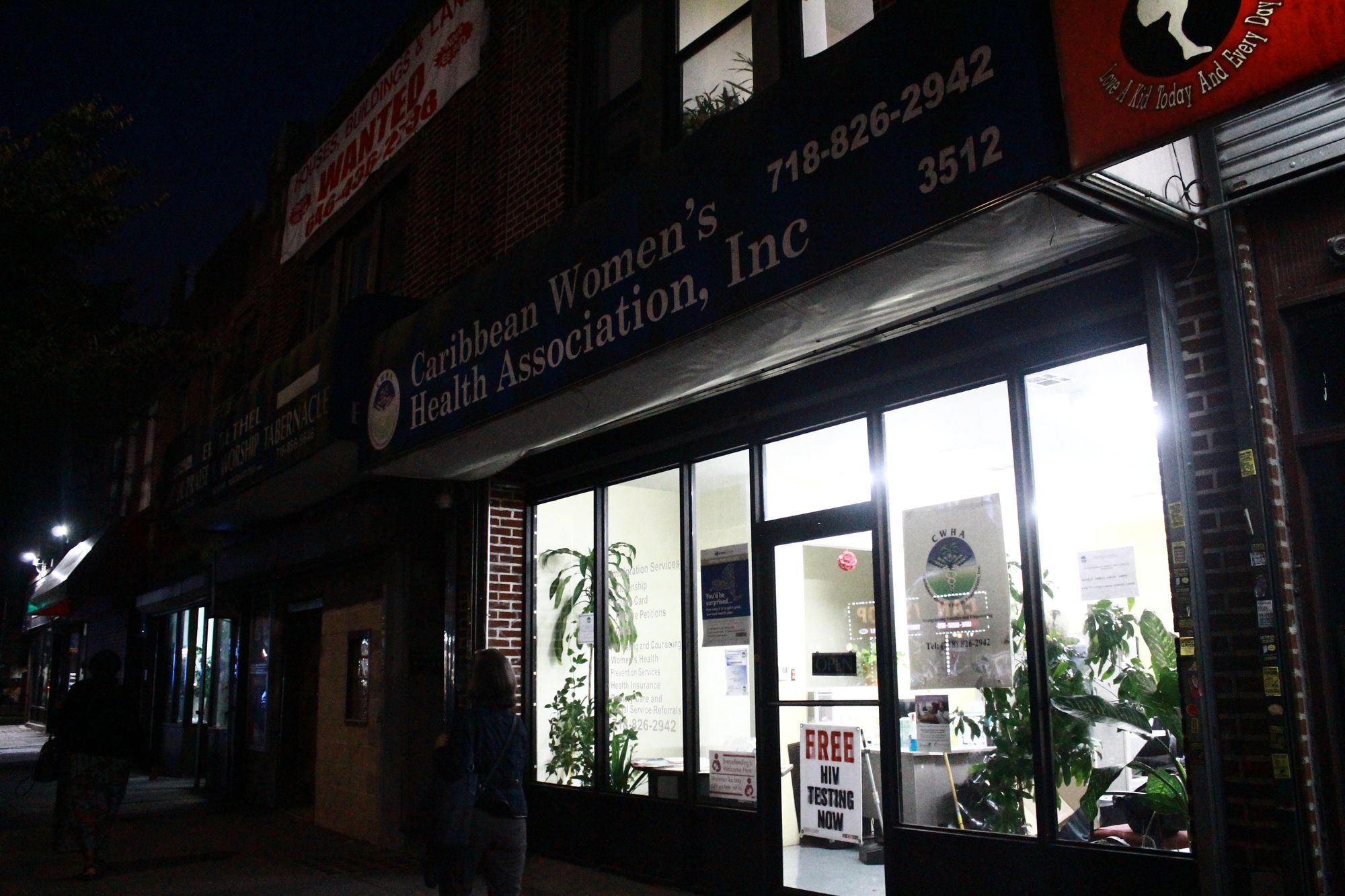East Flatbush Infants Are Six Times More Likely To Die Than Those From Upper East Side – Local Moms Are Working To Change That

Danni Ai dug feverishly with her bare hands through a barrel of medical waste in a restricted part of the hospital. She had just given birth, her daughter was dead and medical personnel had accidentally discarded what remained of the fetus.
“I was really upset that they had lost her and I was digging through the barrel, “ said Ai, a native of the Caribbean island of Jamaica. “The hospital employee said not to do it because it could hurt me. I just told him to get me some gloves and I found her body, because she had markings that I could identify.”
Her child had been diagnosed with Turner’s Syndrome and had accumulated a large amount of water around the heart and lungs. Her chances of survival were around 20 percent, according to Ai. She chose to go ahead and have the baby, regardless of the news she kept hearing from the doctors.
Ai, who serves as director of marketing and events at The Baby Resource Center, is part of a small but determined group of women intent on making a difference about the disproportionately high numbers of minority women suffering from a loss of a child.
In East Flatbush, a neighborhood that is 89 percent black, infant mortality is an issue that is slowly starting to be addressed. A 2017 report by the Centers for Disease Control and Prevention found that black infants are four times more likely to die than white infants as a result of short gestation and low birth weight.
“You’re being forced out of your community, you’re being discriminated against on the job because you’re a woman or a person of color,“ said Xamayla Rose, managing director of Policy and Advocacy for the Christopher Rose Community Empowerment Campaign. “There’s all these social things pressing down on us that affects our overall health.”

Rose organized the third annual East-Flatbush based event, Shower 2 Empower, a community baby shower which helps provide various services like doula education and relaxation techniques to expecting mothers.
“The shower was an opportunity for us to present all of those resources to the women in the East Flatbush and the Brownsville communities because they’re the ones that are most likely affected by infant mortality and maternal morbidity,” said Rose, an East Flatbush native.
The infant mortality rate is six times higher in East Flatbush than on the Upper East Side, according to a study by the NYC Department of Health on Community District 17.
“Society, in general, doesn’t talk a lot about miscarriages and stillbirths, any kind of loss and so women sometimes feel as if they are alone in the hurt and the pain without having a group of people who really understand what their experience is,” said Natalee Facey, a workshop leader at The Baby Resource Center who lost a child at 17 weeks and four days.
One of the main focuses of the Shower 2 Empower event was emphasizing the importance of doulas, who assist women throughout their pregnancy and during labor with emotional and informational support in order to ensure the baby is in good health.
Governor Andrew Cuomo proposed a strategy earlier this year to expand the presence of doulas in New York State in order to combat maternal and infant morbidity.
However, doulas are expensive and charge around $35 to $65 an hour, according to the International Doula Institute. This is a luxury that most women who live in East Flatbush, where one in six residents are below the Federal Poverty Level, can’t afford.
For some, grassroots organizations like The Baby Resource Center may be the only source for comprehensive pregnancy education or support after the loss of a child.
Ai became involved with the Center after her friend Brooke Smith lost a child. Smith had been diagnosed with PTSD and Ai said she saw how she was suffering. After Ai lost her child shortly after, she said she became charged to help other women who were undergoing the same trauma.
“I knew that another mother could not experience that,” Ai said. “I knew that somebody else would have been broken having to experience digging for their kid through a barrel.”




